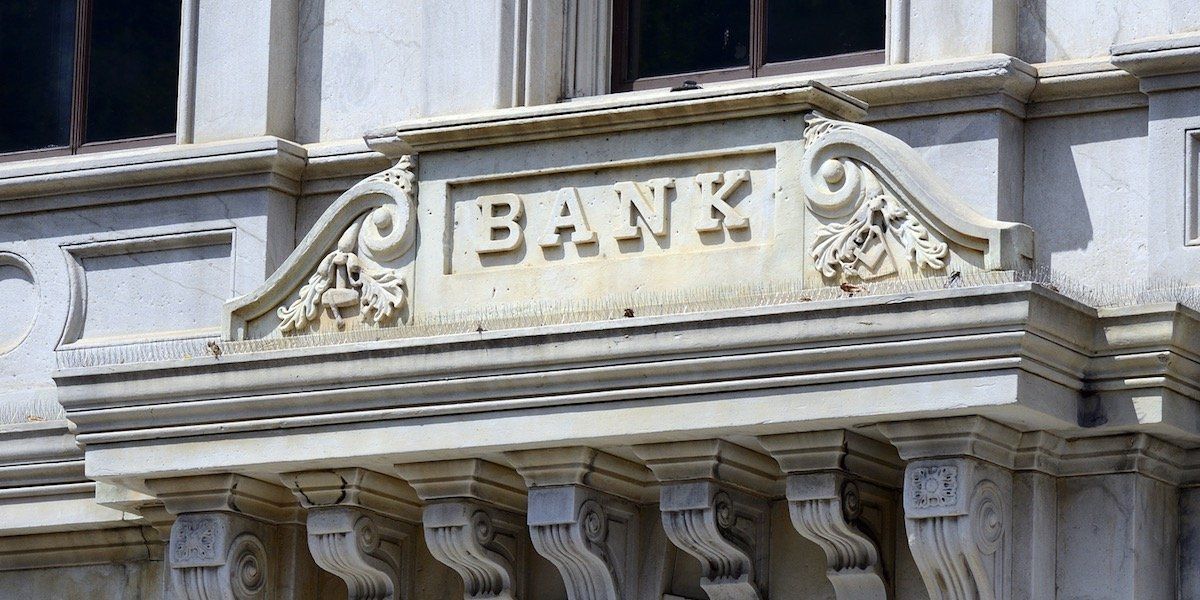When Prime Rates Differ?
Although the recent changes to mortgage qualification introduced by the government were intended to create stability in the Canadian housing market, the unintended consequences might have been to make the waters a little muddier. For the first time, it looks like Canadians weighing their mortgage options will have to be aware that not only do different lenders offer different products at different rates, but that the baseline for rate calculation might be different between lenders as well. Comparing apples to apples and oranges to oranges just became more difficult.
You see, in response to these latest changes by the government, last week TD announced that it was raising its TD Mortgage Prime rate to 2.85%, up from 2.70% effective November 1st, 2016. Speculation was that the other major banks would follow suit, however it’s a week later, and still we have no action. This is clearly a pre-emptive move by TD in anticipation of higher mortgage funding costs. And you can’t hold it against them, banks are really good at making money, and they do that by charging interest on lending products to consumers. Well, that and debit transaction fees, but that’s an entirely different topic altogether.
Customers with fixed rate mortgages will be unaffected by these changes, however variable rate mortgage holders will now be paying more interest at TD than any other bank in Canada. But here is where things get complicated, although variable rate mortgages are based on the prime rate (which is now not consistent between all lenders) there is usually what is called a “component to prime”, so it’s usually prime rate, plus or minus a component. At the time this was published most lenders are offering a discount of around a half a percentage point on their variable rate products. With a higher prime rate, TD could effectively offer a deeper discount, and appear like they are offering the lowest rate on the market, but in actual fact, they would be at a higher effective rate.
This certainly isn’t meant to be a slam against TD bank, TD has offered some great products in the past, and will no doubt continue to do so. The main point of this article is simply:
Banks are in the business of making money, mortgage brokers are in the business of taking care of their clients.
With all the products available on the market, how do you know which one is best for you? That’s where I come in. I am an independent mortgage professional, my obligation is to you, my job is to know the ins and outs of all the products offered by different lenders, so that you don’t have to. So regardless of what bank is offering what prime with whatever discount, you have someone who sees through the noise, assesses your needs, and recommends a mortgage solution that is best for you.
If you have any questions, or would like to discuss your mortgage, please don’t hesitate to contact me anytime , I would love to hear from you!
Katherine Martin
Origin Mortgages
Phone: 1-604-454-0843
Email: kmartin@planmymortgage.ca
Fax: 1-604-454-0842
RECENT POSTS






